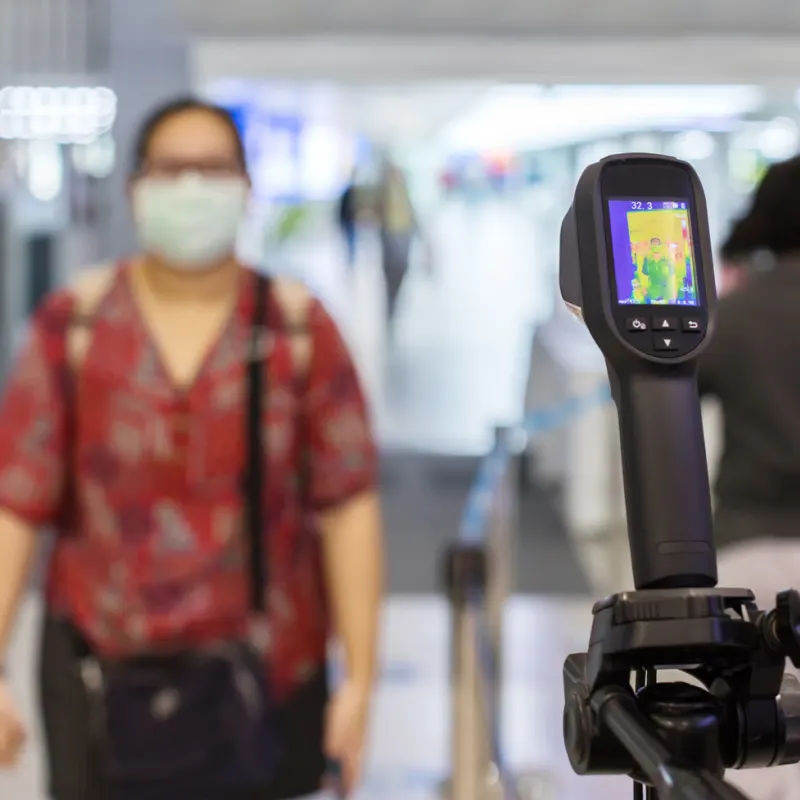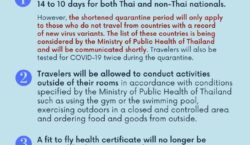
Bali’s I Gusti Ngurah Rai International Airport has implemented screening measures to help halt the transmission of monkeypox, reports The Bali Sun. The virus has not been detected in Bali, though the first suspected case in Indonesia was detected in Central Java at the end of July. As cases increase worldwide, authorities are keen to be proactive in halting any potential spread. I Gusti Ngurah Rai International Airport is the main entry point for international tourists to Indonesia, including direct flights from Southeast Asia, and, indirectly, Scandinavia.
General Manager of I Gusti Ngurah Rai Airport, Handy Heryudhitiawan, told reporters these increased measures initially include temperature screening cameras that detect any increased body temperature as people walk through the airport, as well as disinfectant carpets at every entry and exit point.
Additionally, chairman of the IDI’s COVID-19 task force, Professor Zubairi Djoerban, said on August 4, “foreign or domestic travelers entering Indonesia with skin disorders on their hand or face similar to smallpox, chickenpox, or herpes must be reported immediately to the health post at the airport”, per Antara News.
According to the World Health Organisation, monkeypox can be transmitted from human to human as a result of close contact with respiratory secretions, as well as close contact with the infected skin lesions and blisters caused by the virus.
Increased measures at Bali Airport to prevent the spread of foot and mouth disease will also be supported by Australian airport authorities. Authorities in Australia have shared concerns that the response from the Indonesian government to the foot and mouth disease outbreak has been slower than hoped.
The installation of disinfection mats at Bali Airport is a simple but effective way to reduce the risk of foot and mouth disease spreading across borders. Foot and mouth disease is a virus that affects animals including cows, pigs, goats, and sheep. Officials in Australia are concerned that the virus could cause AUD 80 billion in damages to the agricultural sector if found on Australian shores.


